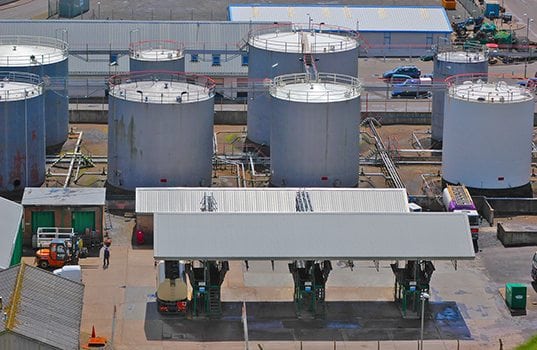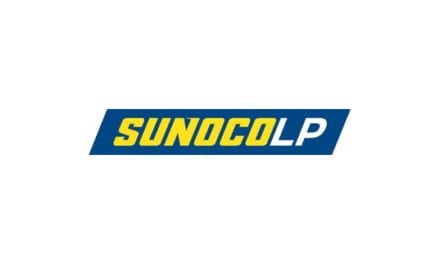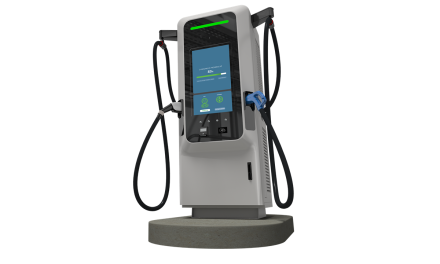By Candace McCraine, DTN
Making successful, timely decisions around fuel buying can be a difficult process for commercial fuel buyers. Buyers need to maximize every dollar spent on fuel, yet inadequate personnel resources, inefficient data management and limited visibility into allocations are major hurdles facing the commercial fuel market.
To mitigate these challenges and make more informed decisions around fuel purchases, fuel buyers can turn to advanced technologies that enable greater automation. These technologies allow commercial fuel buyers to take full advantage of cost-savings without adding headcount or sacrificing back-office efficiencies that eat into profits – all while empowering employees to focus on more strategic business needs.
Allocation Visibility
Commercial fuel buyers often rely on common carriers to update them on allocation issues across the industry. This reliance can limit their visibility and reaction time for making quick and more profitable decisions for their company. Limited visibility puts fuel buyers at the mercy of the supplier when it comes to making the best pricing decisions, and the implications of putting common carriers in the driver’s seat include:
- Being penalized on a miss-pull or having to pay the rack price due to lack of clarity surrounding allocations or needing to go to another terminal
- Sending the carrier to the terminal and then being denied product due to lack of allocations, which in turn, incurs a stop-off loading fee at a different facility
- Running the risk of not staying ratable with the supplier
- Incurring a penalty for under-lifting, which may include a per-gallon fee, a cancelled contract or a renewal with a higher differential because of past performance
Actionable Insights into Allocations
The average miss-pull costs an operation approximately $150 per load; and a miss-pull rate of 25 percent costs $172,500 per year in upcharges. Using technology that provides real-time insights into multiple suppliers on a single screen can save valuable time and allows commercial fuel buyers to take back control of their allocations.
The latest price optimization technology provides fuel buyers with real-time insights into allocations and offers the information they need to make informed loading decisions. Technology enables buyers to view the status of all of their allocations in one place as well as calculate buying options effectively and efficiently, including transportation. Using pricing automation and allocation visibility tools allows commercial fuel buyers to determine the best rack values and view available allocations.
Investing in price optimization tools can help commercial fuel buyers make more informed buying decisions and:
- Cut costs and avoid contract ratability issues by eliminating the risk of pulling rack accounts unnecessarily
- Save time by allowing users to view allocations on one screen and making additional allocation requests from a contract supplier
- Evaluate contracts, supplier prices and outages
Consolidating Data
Commercial fuel buyers often receive data in multiple formats, and back offices often spend too much time manually entering and customizing customer data into the ERP system. Automation allows businesses to streamline data processes and can save companies valuable time and resources. The average cost to process a transaction manually is $27.50 per transaction, while the average annual cost to maintain a vendor in the database is $1,500. In addition to lost time, manual entry can be costly in other ways such as risk of costly data entry errors. inefficiencies around tracking volume and spend by each location and long-term work increases to merge fuel volume for FTL and LTL.
Automate Data
Data automation offers a cutting-edge solution to common industry challenges surrounding data consolidation. By automating the formatting and integration of documents into back-office systems, businesses can streamline data processes and get the data needed without the manual work of employees. Benefits of data automation include:
- Growing a business without adding staff
- Sending invoices faster and processing payments instantaneously
- Eliminating data entry and errors by automating the gathering, aggregating, formatting, cross-referencing and integrating of BOLs, freight invoices and EFTs
Validate Deliveries and Invoices
The average cost to correct an invoice due to a single billing error is $126. While most suppliers invoice correctly, a fuel audit will almost always find a price discrepancy. Verifying proper pricing can cost companies the time it spends checking that the invoice date, time, and gallons are correct on every supplier and carrier invoice. In addition, there is on average, a three-day lag between the scanning and receiving of BOLs and trip tickets. There are also discounts with faster payment terms
Automatic verification, integration, and insight allow companies to integrate supplier invoices, automate the process of matching critical data from the electronic BOL to the invoice, and payment process, all without human intervention. Combined with technology that delivers real-time updates on market conditions and pricing, commercial fuel buyers are able to build unmatched insight into how to optimize fuel buying processes.
Most companies do not have the time or resources to look at every market or price from rack suppliers, but leading commercial fuel buyers can leverage technology to do just that. Invoice and delivery validation can help businesses automate its entire invoicing reconciliation processes and catch errors faster. It can also provide faster and more accurate invoicing to better inform buying decisions and price optimization, match BOLs to supply and freight invoices to validate deliveries and clear invoices faster for quicker payment and potentially capture discounts
Evaluation of Options
Commercial fuel buyers may routinely issue RFPs, but often don’t have the historic data necessary to pick the best index by terminal market. Instead, companies often rely on the supplier’s bidding to decide on the best index, and this can come with added cost and risk as it takes an average of 30 days after the bid submission to properly evaluate the index bids by market. A comprehensive price discovery tool ensures companies are making the best decision by geography
Automated systems allow commercial fuel buyers to get index information from leading sources like OPIS, Platts, Argus and DTN – along with supplier rack prices – to analyze current contract offers and make the best decisions for imperative fueling locations. Comprehensive price information offers faster insights and can help businesses and buyers make more confident and profitable fuel buying decisions.
Control Headcount
Often companies are short on the number of personnel needed to track inventories and optimize load dispatches, with the average fuel desk having 1.5 employees. It is common for commercial buyers to struggle with inadequate resources, and as a result, common carriers often handle this activity.
Automated systems help commercial fuel buyers end uncertainty and leverage a price optimization solution that allows for the best buying decisions for each location. Buyers can quickly calculate prices – including transportation – and sort from the lowest to highest, identifying where the “best rack” really is. Businesses can quickly and easily determine best possible loading scenarios, maximize profits without extra headcount, and take back control of their operations.
Commercial fuel buyers face different challenges every day, and without visibility, automation, optimization and control, it can be difficult to meet contractual commitments. Savvy commercial fuel buyers can take back control and certainty with investments in leading-edge tools that help streamline business processes – without adding headcount or breaking the bank.
DTN is an independent, trusted source of actionable insights for 600,000 customers focused on feeding, protecting, and fueling the world. Customer-centric and employee-driven, DTN focuses on empowering agriculture, oil and gas, trading, and weather-sensitive industries through continuous, leading-edge innovation.








